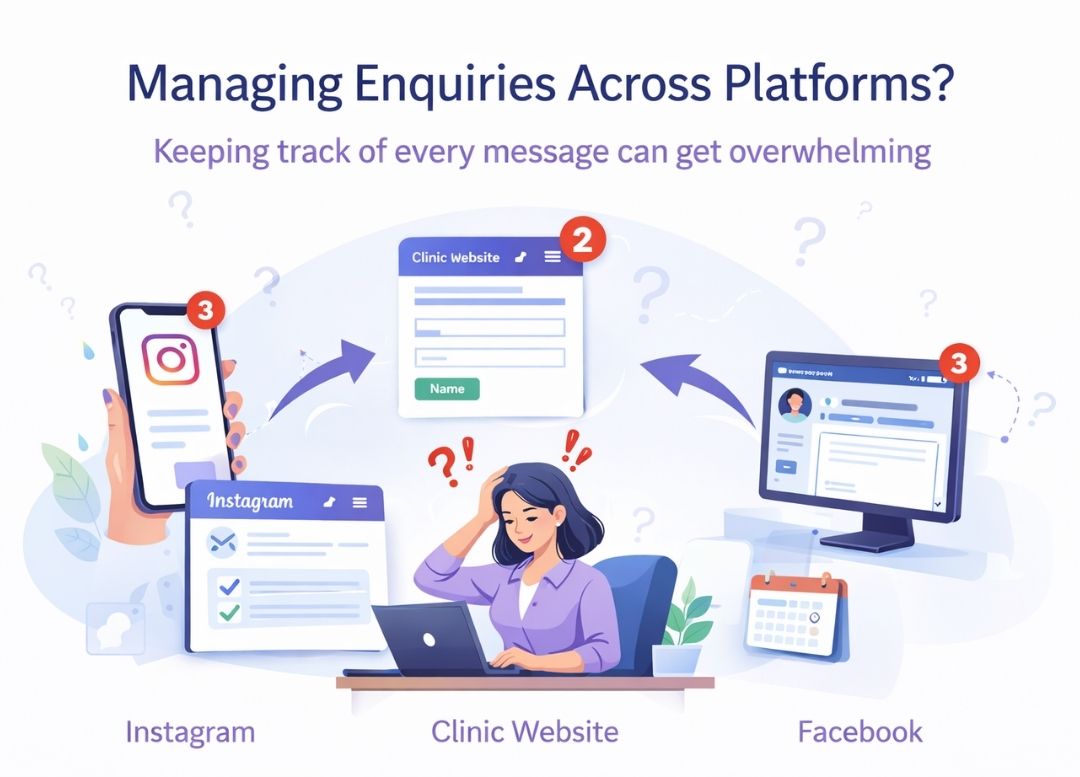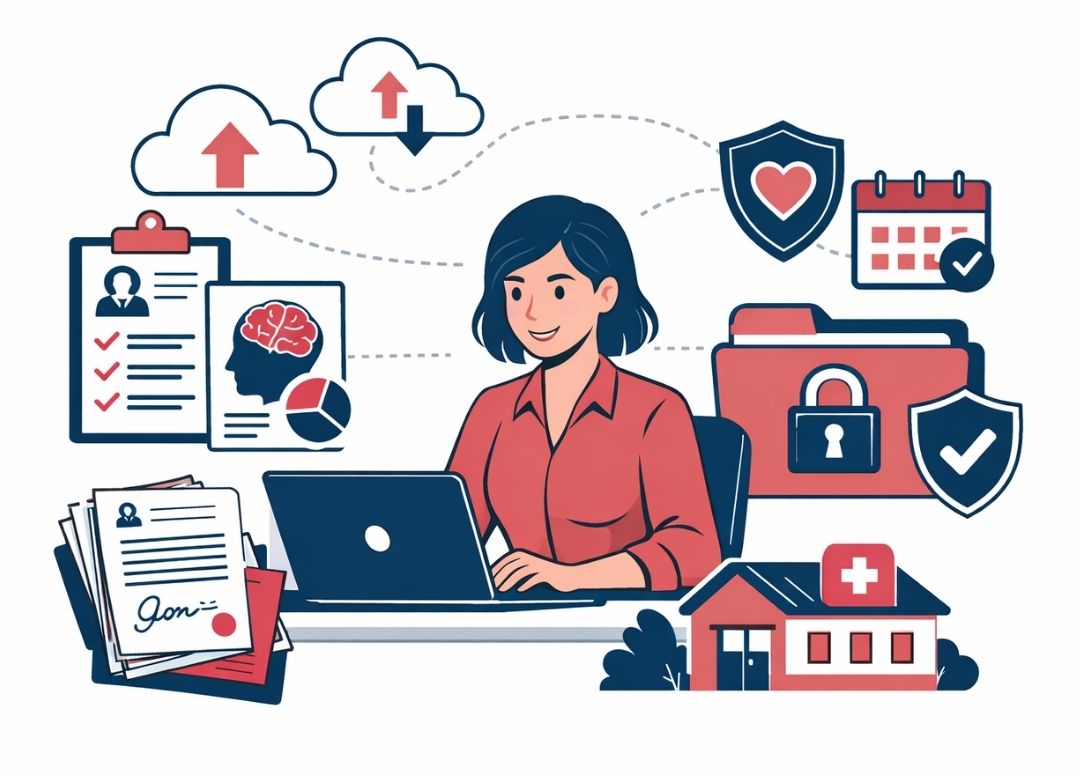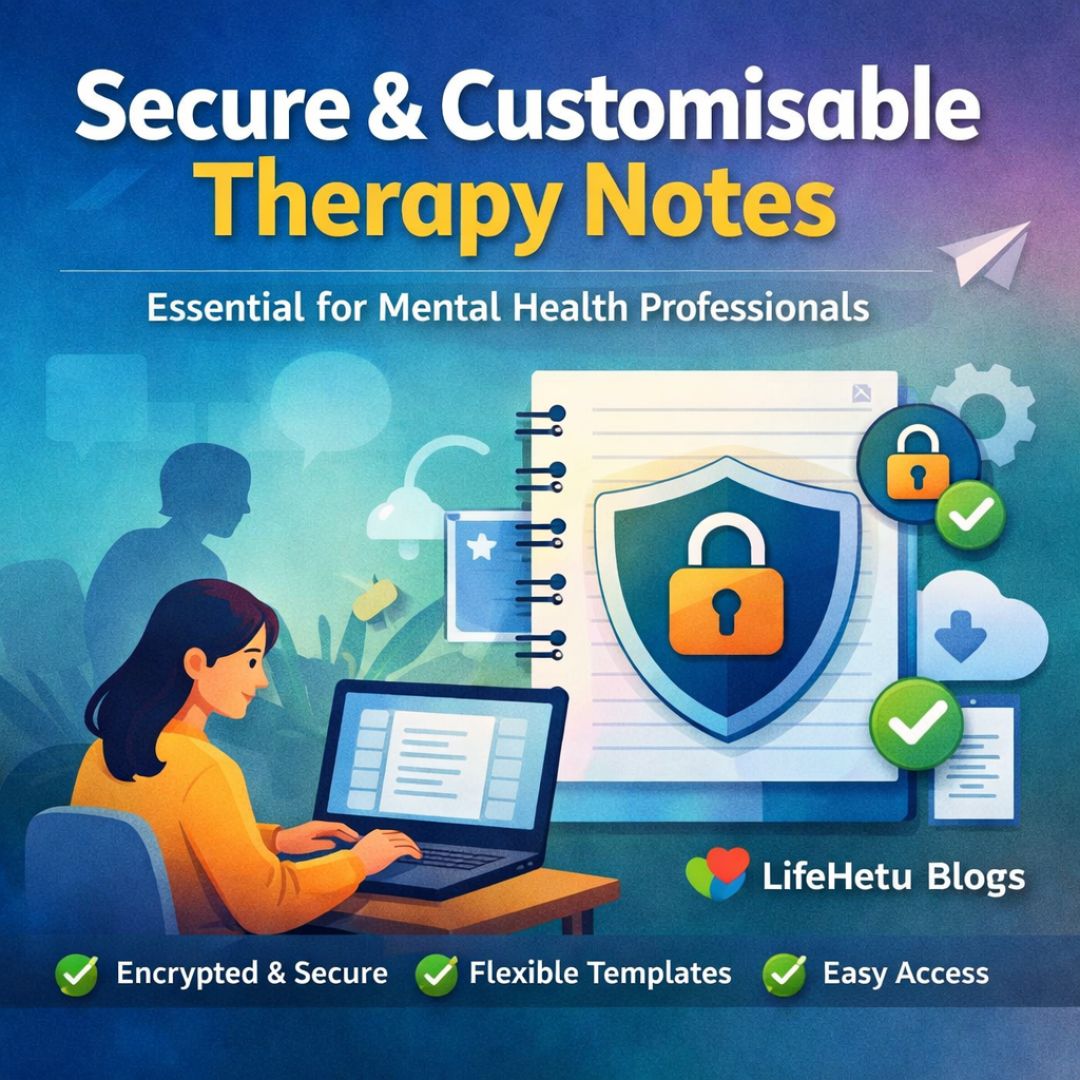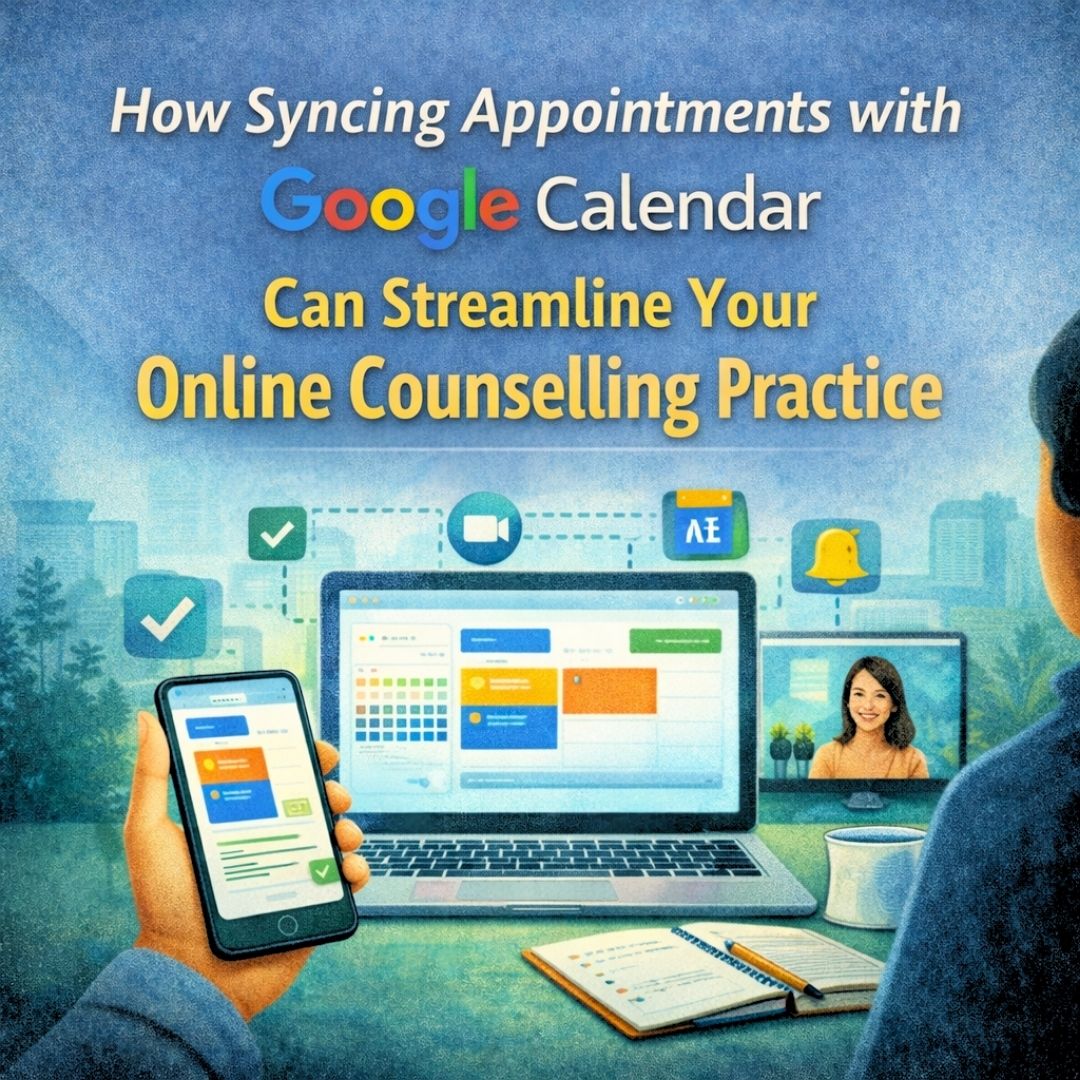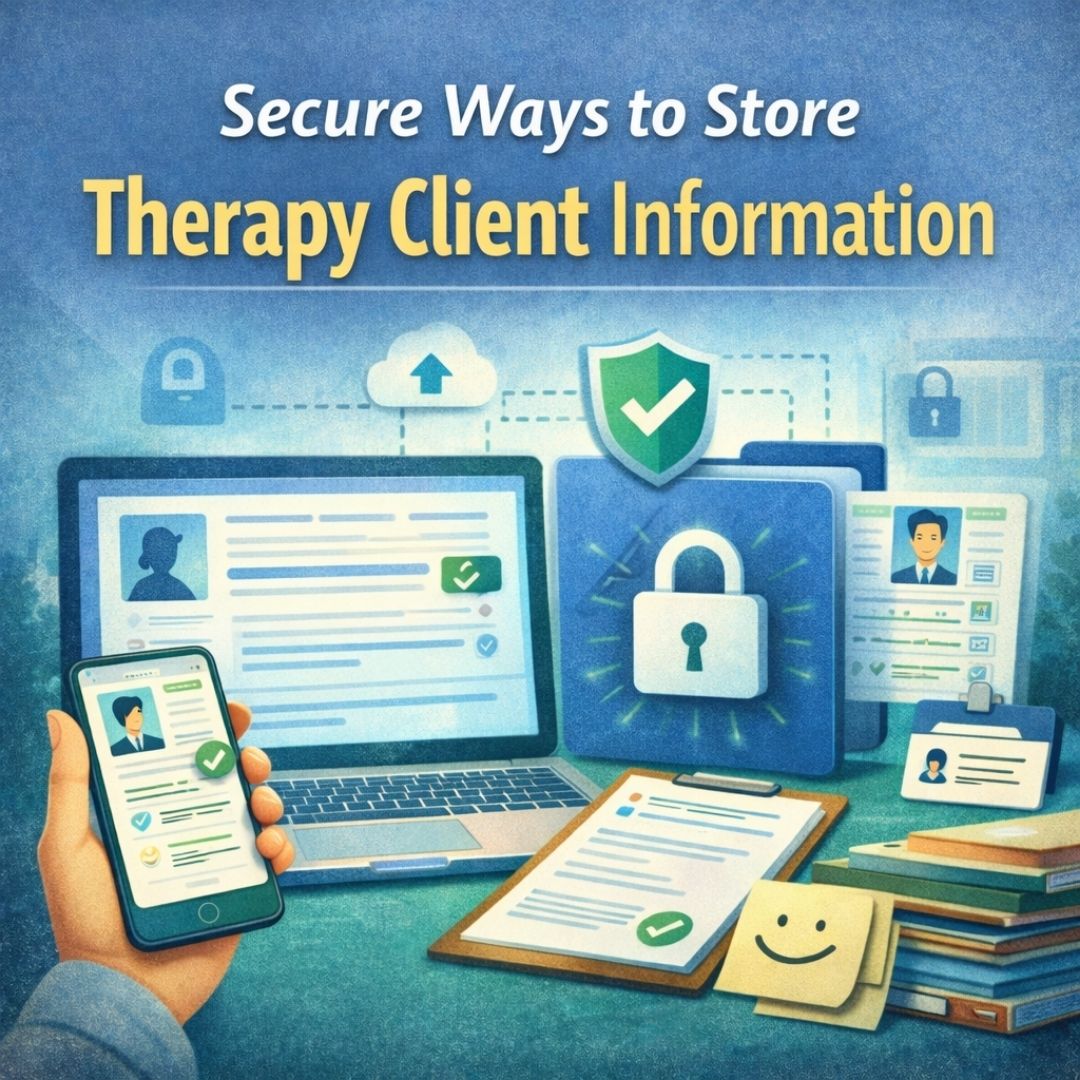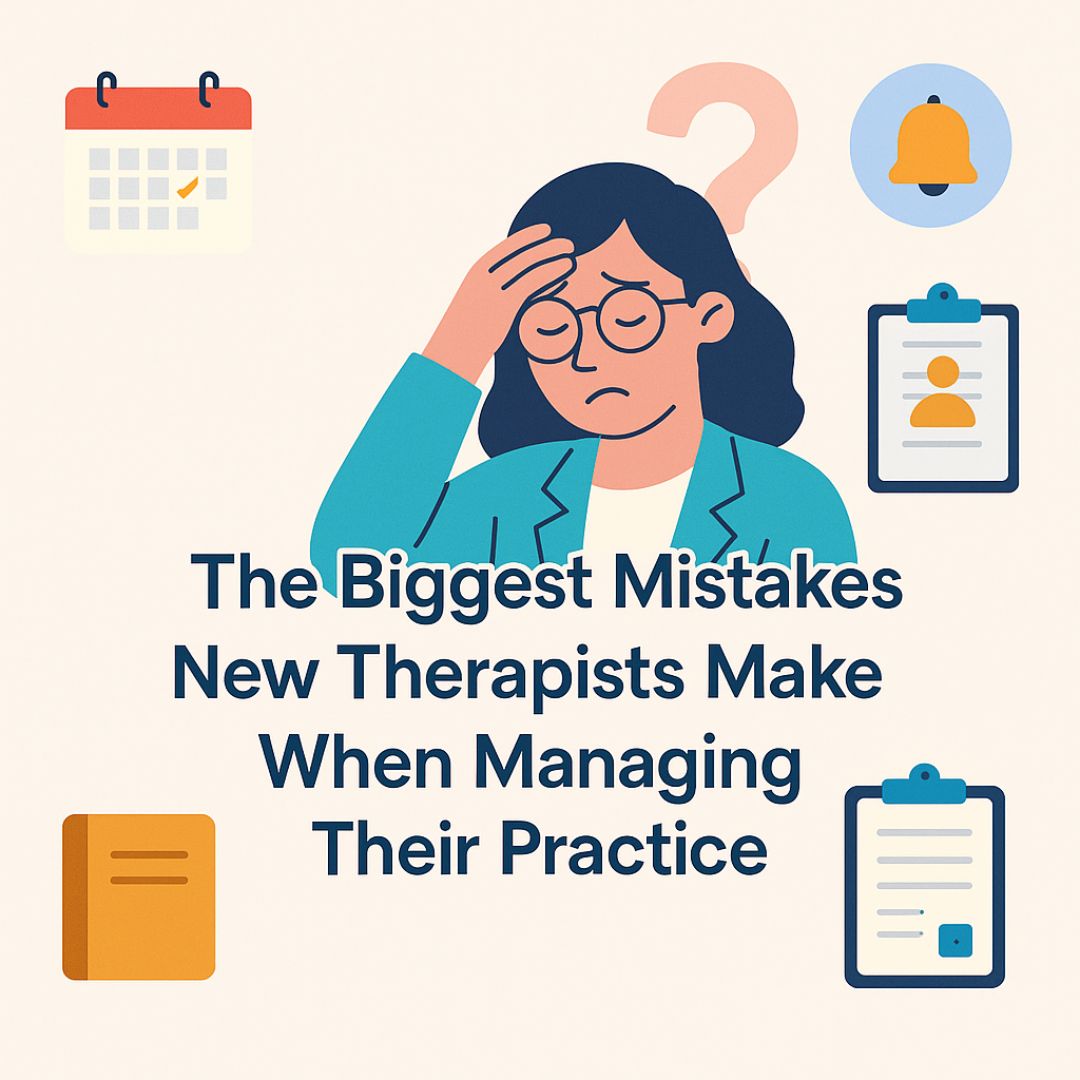Boost Your Productivity with CRM Tools that Transform Your Daily Tasks
The way psychologists conduct their business is changing drastically as a result of the integration of CRM systems. A more effective, client-focused, and effective approach to psychological care can be achieved by utilizing the features that were covered, such as centralized data management, streamlined scheduling of appointments, private notes, the omnichannel messaging, WhatsApp notifications, digital form design, pre-built activity forms, client assignment, and blogging.
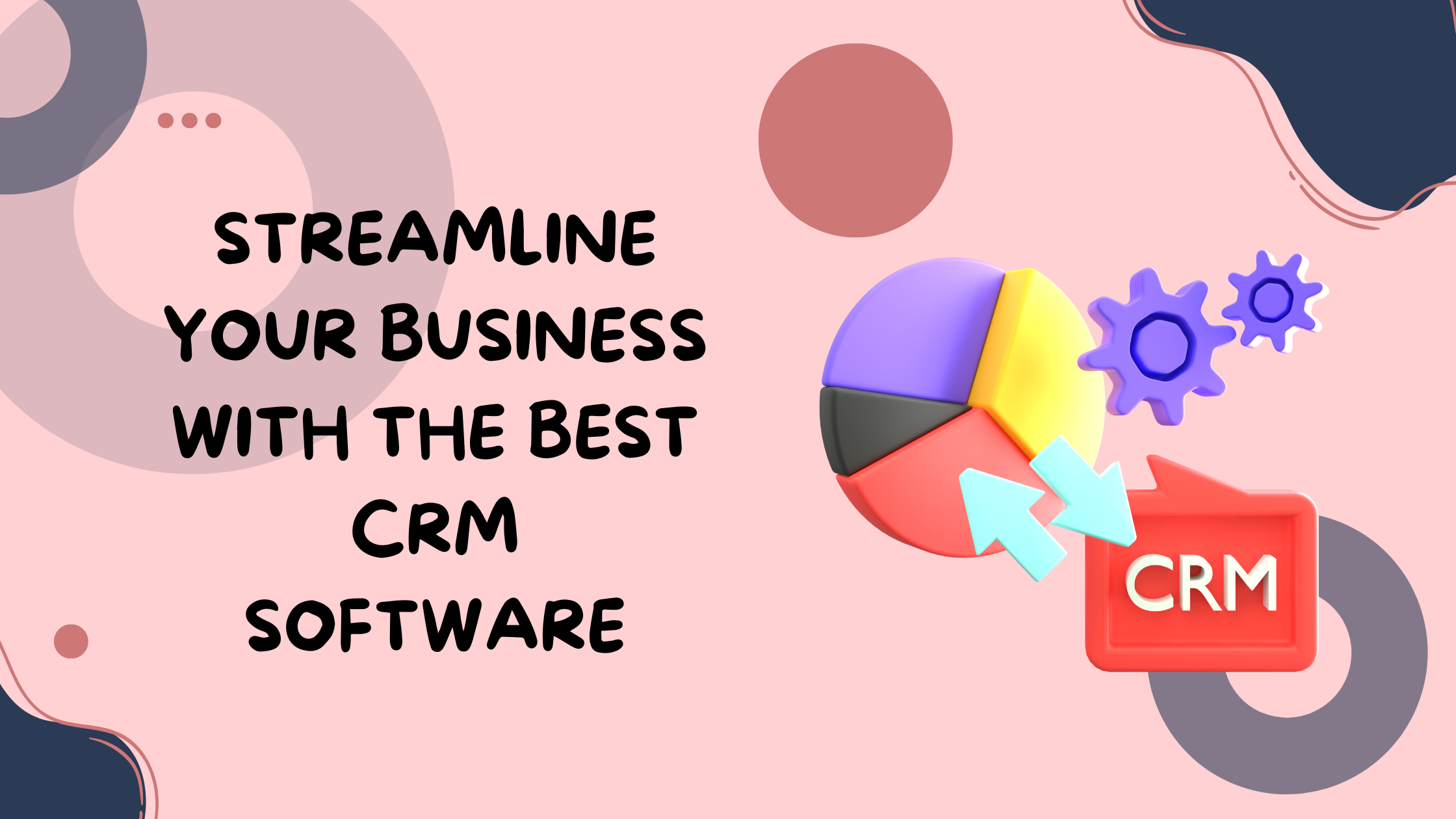
On this page
Jump to sections
Keeping track of patients, scheduling appointments, and upholding organization can all seem like never-ending mental marathons in the fast-paced field of modern psychology. It can be time-consuming to balance everything, which leaves less time for the things that really count—building relationships with patients and delivering high-quality treatment.
Fortunately, Customer Relationship Management (CRM) methods are causing a revolution in the field of psychological practice. CRM systems, which are typically connected to sales and marketing, are quickly changing how psychologists automate and streamline their work, increasing efficiency and freeing up valuable time.
Consider a CRM as your personal virtual assistant who has received specialized training in the subtleties of psychology practice. It assists you in handling every facet of your workflow, including patient data management, appointment scheduling, and reminders. The following article will explore how best CRM softwares can improve productivity, change the way you do everyday tasks, and optimize workflow efficiency with their capabilities.
Appointments Scheduling: Time Management Made Easy
Effective time management is essential to operating a profitable psychology practice. It's common for psychologists to spend a lot of time manually scheduling appointments, which can be error-prone and time-consuming. No more cluttered calendars or phone tag. Use online booking tools to automate appointment scheduling and eliminate out unnecessary frequent emails and missed appointments. To ensure patient consistency and lower the number of no-shows, set up automated SMS or email reminders for appointments. Psychologists can automate this procedure with the use of CRM platforms that have competent scheduling features. These tools make scheduling easier, from making appointments to managing cancellations and reminders. This guarantees that psychologists have the opportunity to spend more time with their clients without worrying about scheduling conflicts, while also reducing the administrative workload.

Omnichannel Messaging: Seamless Communication for Better Engagement
In order to provide good psychological treatment, communication is essential. Maintaining communication with clients is essential for psychologists in order to encourage engagement and offer continuous support. With the use of omnichannel messaging features provided by CRM platforms, psychologists can interact via email, SMS, and even social media. This simplifies communication while also taking into account the preferences of clients regarding the format of updates they receive. The integrated messaging platform makes sure that crucial conversations are readily available, which promotes smooth communication and raises client satisfaction levels all around.
Design and Build Your Own Digital Forms: Customizing Assessments for Precision
Assessments are a common way for psychologists to obtain important data about their patients. With CRM solutions, psychologists can create custom digital forms that are tailored to their individual practice's specific needs. Utilize the calendar management tools and integrated to-do lists to prioritize your work. Because of this adaptability, psychologists can design customized assessments that complement their therapy strategy, resulting in the collection of more accurate and insightful data. Psychologists will always have the resources they require for conducting assessments that are most beneficial to their clients because to the capacity to create and modify digital forms.
Centralized Data Management for Comprehensive Client Insights
The streamlined collection of client data represents one of the main benefits of CRM solutions in psychological practice. CRM systems offer a safe framework for keeping and managing the huge amounts of private and confidential information that psychologists handle. Maintaining a consolidated database guarantees easy and secure access to detailed client insights, ranging from progress notes and evaluations to client histories and treatment plans. This helps with better informed decision-making during the treatment process in addition to increasing the effectiveness of information retrieval.
Private Notes for Enhanced Confidentiality
Protecting the privacy of client information is one of the key issues psychologists deal with. This issue is addressed by CRM solutions made specifically for psychologists, which provide a safe space for taking private notes. This function facilitates taking notes while also protecting private data. Psychologists have the ability to tag and put together notes, which facilitates rapid access to important information. A solid solution that complies with legal and ethical criteria is offered by the incorporation of private notes into CRM systems.
WhatsApp Notifications: Real-time Updates for Enhanced Engagement
Since instant messaging is so common in today's communication environment, CRM applications frequently link with well-known services like WhatsApp. With the help of this function, psychologists can communicate with their clients directly by sending updates, reminders, or real-time notifications using the well-known messaging app. By using WhatsApp, you can stay up to date with modern communication trends and guarantee that your clients receive information in a way that suits them. This strengthens the therapeutic alliance while also improving client engagement.
Pre-built Activity Forms for Efficiency
CRM systems generally have pre-made activity forms in addition to the option to construct personalized ones. Rather of having to spend time and energy writing assessments from scratch, these forms cover typical psychological assessments and everyday chores. Psychologists can quickly and consistently collect data by incorporating these pre-built forms into their practice with ease. This characteristic facilitates the efficiency and uniformity of evaluation processes, freeing psychologists to concentrate on the analysis of conclusions and developing successful treatment strategies.
Writing Blogs: Establishing Thought Leadership
Establishing strategic thought leadership is crucial for professionals in all professions, including psychology, in the digital age. CRM systems can help with blogging by offering psychologists integrated channels to share their skills, perspectives, and relevant content. By publishing blogs directly through the CRM system, psychologists can reach a wider audience and establish themselves as specialists in their profession. By drawing in clients who are drawn to their area of expertise, this not only improves their professional image but also helps their practice prosper.
However, selecting the best CRM for your business might be difficult. With so many choices, it's critical to pick a tool that complements your unique requirements and working style. Here are some important things to think about:
Functionality and functionality: Verify that the CRM has the features that you require, like online scheduling, patient data management, reporting capabilities, and software interfaces with other applications.
Ease of Use: Choose an interface that is simple to use and understandable for you and everyone who uses it.
Security and Compliance: To guarantee patient data privacy and security, use a CRM that conforms with HIPAA rules.
Cost and Scalability: Choose a solution that will work for your practice's growth trajectory and stays within your budget.
Conclusion:
In conclusion, the way psychologists conduct their business is changing drastically as a result of the integration of CRM systems. A more effective, client-focused, and effective approach to psychological care can be achieved by utilizing the features that were covered, such as centralized data management, streamlined scheduling of appointments, private notes, the omnichannel messaging, WhatsApp notifications, digital form design, pre-built activity forms, client assignment, and blogging.
The use of CRM systems by psychologists has the revolutionary potential to improve the overall quality of treatment they serve clients, as well as to streamline their everyday responsibilities. These cutting-edge tools promise a more connected, safe, and client-centered approach to mental health care, which clearly means that the future of psychological practice is bound up with them. Psychologists can make better decisions for their clients and have more satisfying professions by using CRM technologies to help them negotiate the challenges of their field.
FAQs
What are the main benefits of using CRM for psychologists?
CRM systems streamline appointment scheduling, centralize client data, enhance communication, and free up time for better patient relationships and treatment.How does CRM improve appointment scheduling for psychologists?
CRM tools automate scheduling with online booking, send reminders via SMS or email, and reduce no-shows, minimizing administrative workload.What is omnichannel messaging in CRM systems?
It allows psychologists to communicate with clients via email, SMS, and social media, ensuring seamless engagement based on client preferences.How can CRM help with patient assessments?
CRM enables custom digital forms and pre-built activity forms, allowing tailored assessments that improve data accuracy and workflow efficiency.Why is data security important in CRM for psychologists?
Secure data management and HIPAA compliance protect client confidentiality, especially for private notes and sensitive treatment plans.How can WhatsApp notifications enhance client engagement?
CRM integration with WhatsApp provides real-time updates and reminders, aligning with modern communication trends to strengthen therapeutic alliances.What should psychologists consider when choosing a CRM?
Look for functionality (e.g., scheduling, reporting), ease of use, HIPAA compliance, and cost scalability, as outlined in the blog.Where can psychologists find resources to support their practice?
Explore expert guidance and tools at https://www.lifehetu.com/mental-health/experts/psychologists to enhance practice management.
On this page
Jump to sections
Related Reads. Similar Blogs to Check Out.
